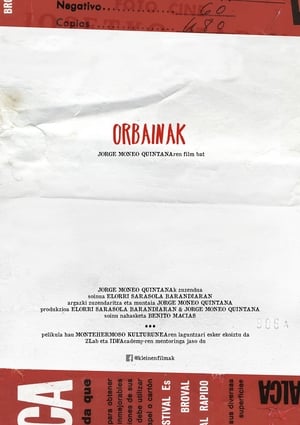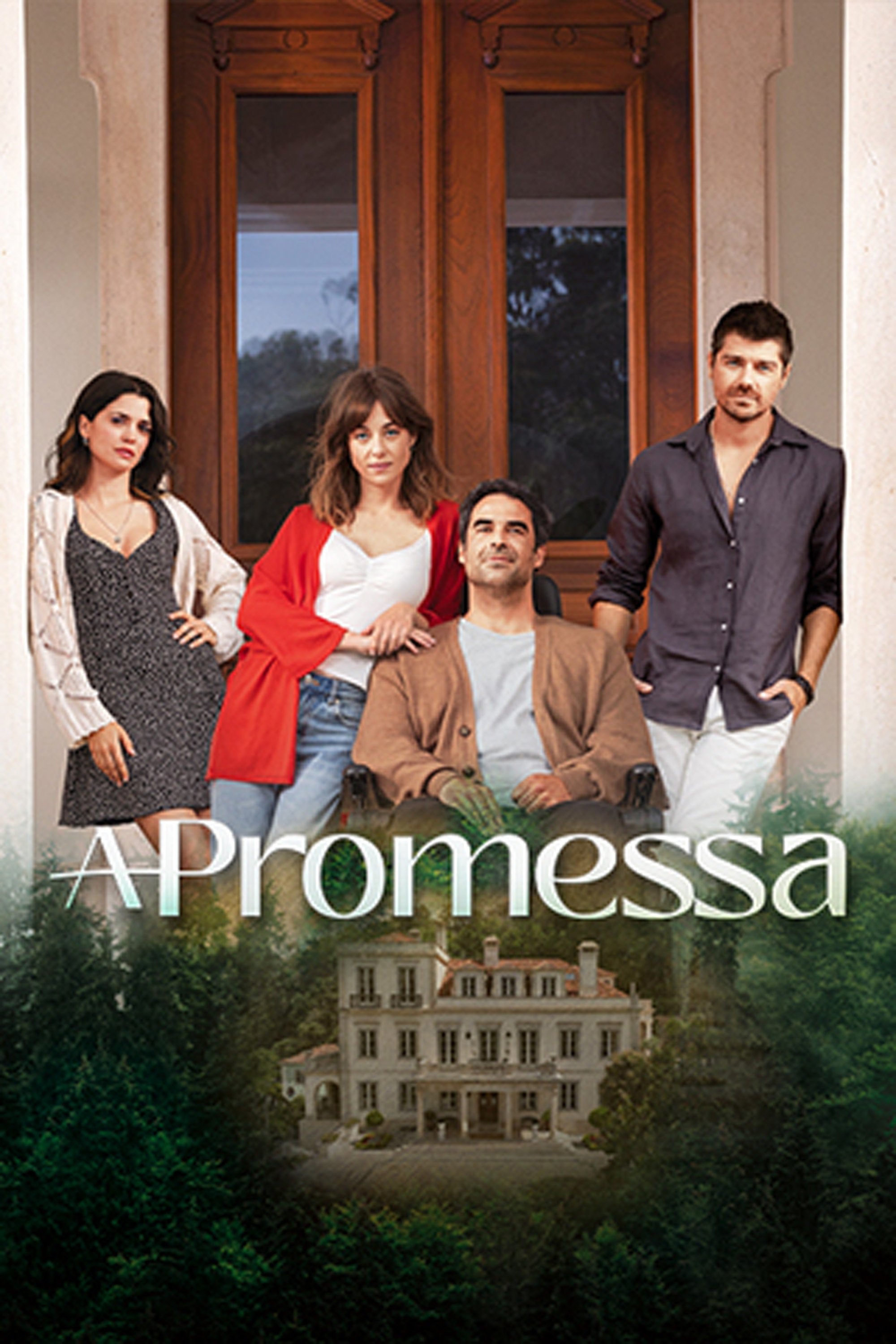The Scars (2019) - Documentary Movies 29 minutes. Las Cicatrices. The personal stories lived by the Uncle, the Father and the Son, respectively, form a tragic experience that is drawn along a line in time. This line is comparable to a crease in the pages of the family album, but also to a crack in the walls of the paternal house. It resembles the open wound created when drilling into a mountain, but also a scar in the collective imaginary of a society, where the idea of salvation finds its tragic destiny in the political struggle. What is at the end of that line? Will old war songs be enough to circumvent that destiny? resistance, nationalism, family history, utopia, biography, basque country, spain, art house, eta terrorist group, political assassination, family, archive footage, family photo, found footage, dying young, essay film, broken family, intimacy, basque, family crisis, spanish history, family portrait, leftist radicalism, political history, audio visual experience, left politics, political documentary, state terrorism, ethnic conflict, political, poetic documentary, visual anthropology, family story, intimate, experimental documentary, politic terrorism, found footage film, police violence, experimental sound, the roots of violence, resistance army, use of violence

The Scars (2019)
Las Cicatrices-
Released: Mar 12, 2019
Runtime: 29 minutes
: 1/10 by 1 users
Stars:
Crew: Jorge Moneo Quintana (Sound Designer), Elorri Sarasola Barandiaran (Sound Recordist), Jorge Moneo Quintana (Cinematography), Jorge Moneo Quintana (Editor), Elorri Sarasola Barandiaran (Production Coordinator), Jorge Moneo Quintana (Production Coordinator)
The personal stories lived by the Uncle, the Father and the Son, respectively, form a tragic experience that is drawn along a line in time. This line is comparable to a crease in the pages of the family album, but also to a crack in the walls of the paternal house. It resembles the open wound created when drilling into a mountain, but also a scar in the collective imaginary of a society, where the idea of salvation finds its tragic destiny in the political struggle. What is at the end of that line? Will old war songs be enough to circumvent that destiny?





















